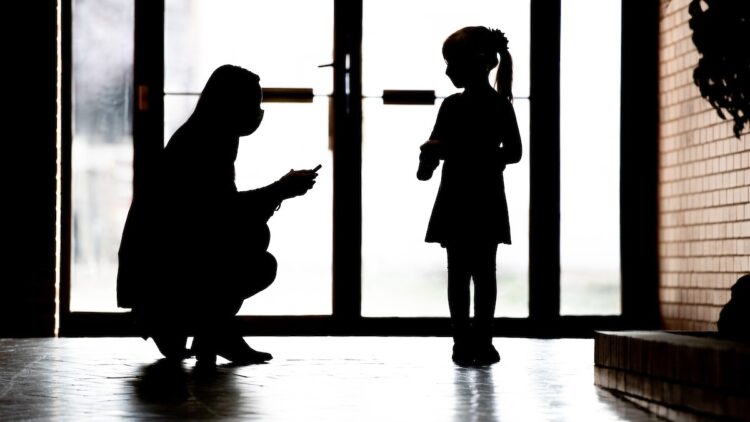
Our children have spent the past two years living through a pandemic, sifting through experiences and learning the new “normal.”
Dr. Lindsey Murphy, associate professor in Missouri State University’s department of childhood education and family studies, has worked with children in crisis situations.
“In general, caregivers have been more stressed during the pandemic, balancing work, home life and health,” Murphy said.
“If caregivers stretch themselves too thin, there may be fewer quality interactions and less structure in the home. That can all have a significant impact on child development.”
But there is good news. Murphy notes that children can bounce back from difficulty easier than adults. Because children are still developing, they can be quite resilient.
Children feeling the effects
Distance learning, working from home and shelter in place can affect child development.
“The pandemic disrupted a lot of family routines,” Murphy said. “Most often, families are trying to get through the next hour or the next day.”
On the positive side, Murphy shares some families may have experienced more quality time together due to the pandemic.
“Some families are working from home and not commuting to and from work. This means they can have a longer family dinner together,” Murphy said. “There’s no universal impact in this situation.”
What we can do to help
While the chaos of pandemic life may seem inescapable, all is not lost. Adults can help children through these trying times.
Murphy explains five things children need in stressful situations:
- Safety – create predictability and limit media exposure. Respond to questions when asked with simple, age-appropriate honesty.
- Regulation – give tight pressure hugs, rock in a rocking chair, massage or sing a song to help regulate the body with rhythm.
- Connection – be present and make time to bond through a dance party, reading a book or having a family game night.
- Efficacy – give opportunities for children to make others feel better. Encourage them to make a card for someone or help a neighbor in need.
- Hope – make plans for the future and help children believe that things will get better.
When parents help children establish these basic coping skills, they have the tools to process the situation on their own terms. This helps children to develop resilience.
“Resilience is growing in the face of challenge and becoming a stronger, healthier version of yourself,” Murphy explained.
“A lot of times I see resilience in play settings. When children become playmakers, they can manipulate the experience. This allows them to gain control over something that could have felt overpowering at one point.”
It’s never too late to start early
Because crisis events are unpredictable, it is important to practice with children, so they have a set of skills to pull from during a crisis.
“It’s really hard to learn coping skills when you’re already under stress,” Murphy said.
“The sooner we start establishing the basics, the better children will be able to use these skills in the midst of crisis, and therefore the more effective they will be.”
